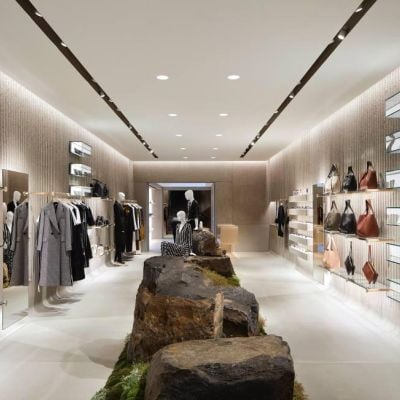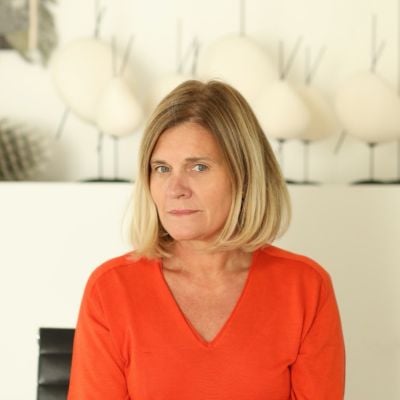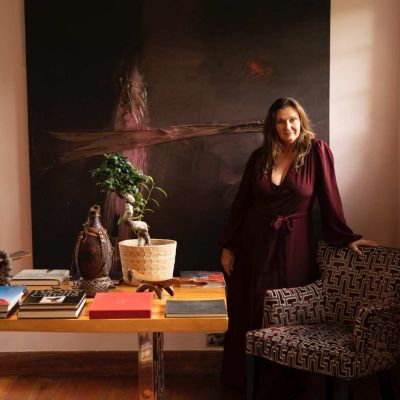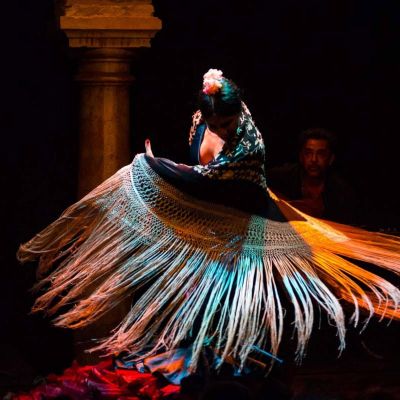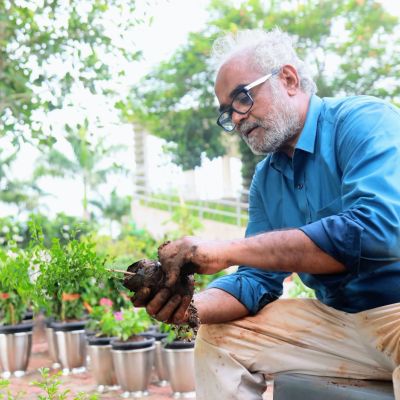The Farmer Turning Monaco Green
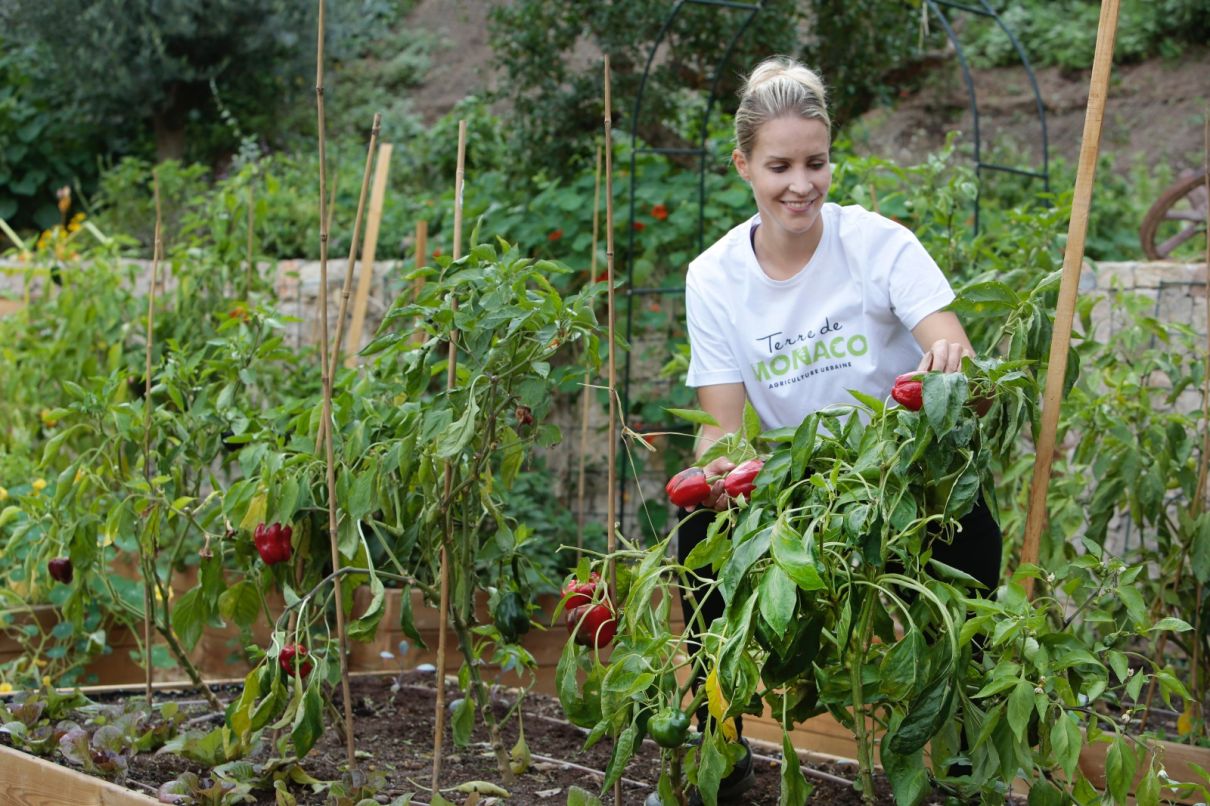
Swiss former model, Jessica Sbaraglia, is transforming Monaco's rooftops into urban farms.
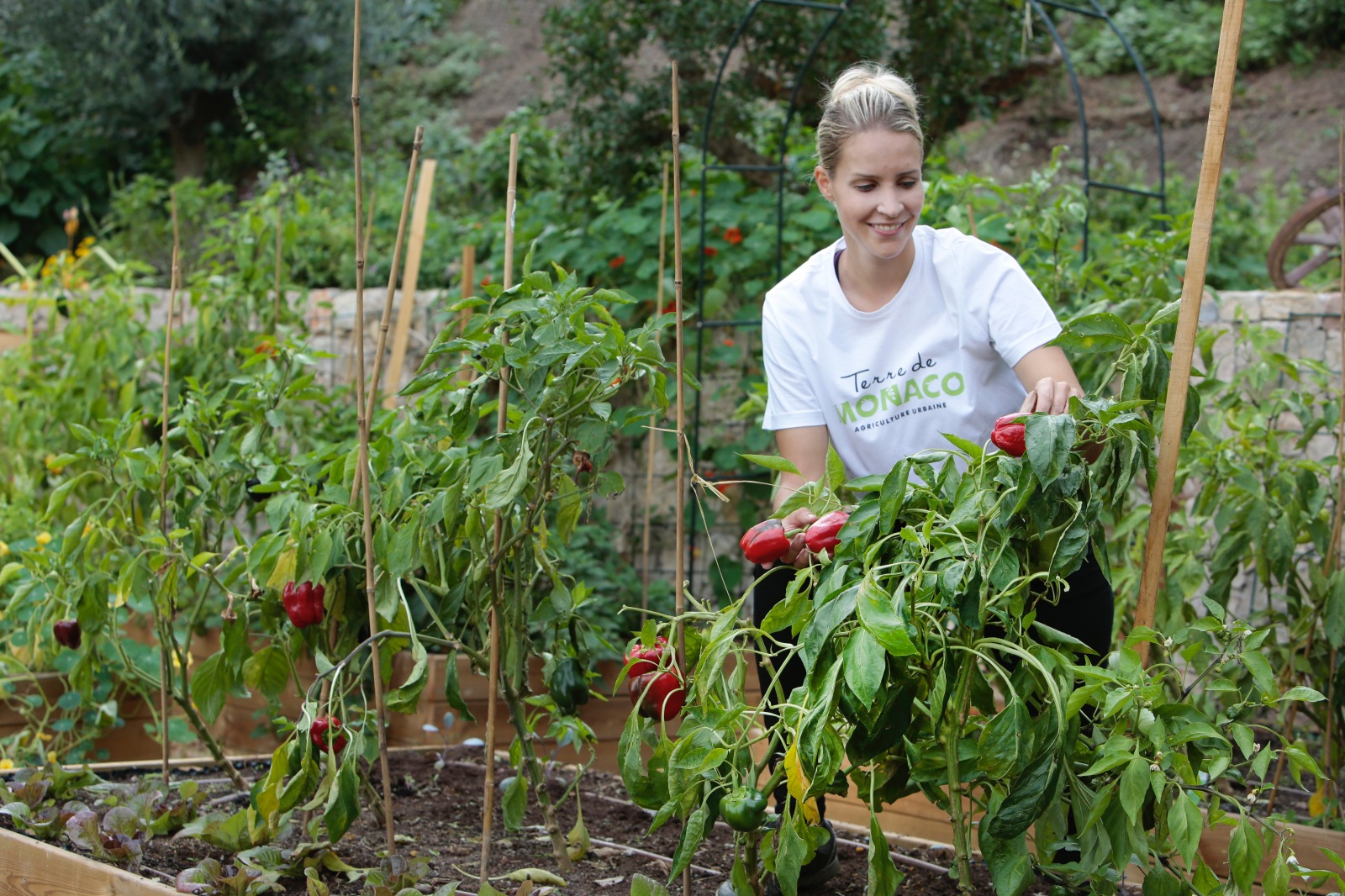
Living on the hills near the Princess Grace Hospital and looking down, former model Jessica Sbaraglia would see all the flat and empty roofs of the Fontvieille district: the industrial district of Monaco.
“I had been gardening on my balcony for some time because I have always loved it, gardening relaxes me. And seeing all these unused spaces on the roofs of Fontvieille compared to the reduced space of my balcony, I said to myself, ‘here is what I want to do: convince Monaco to follow in my wake, into urban agriculture,’” she says.
So, for two years the Swiss citizen trained at farms such as the Bec Hellouin farm in Normandy, France, a pioneering estate teaching permaculture. Sbaraglia had some resistance from investors in the beginning, who felt she did not represent the typical ‘farmer’ type. “They said to themselves: who is this big blonde who doesn’t have the body of a farmer and wants to plant three tomatoes and four courgettes?”
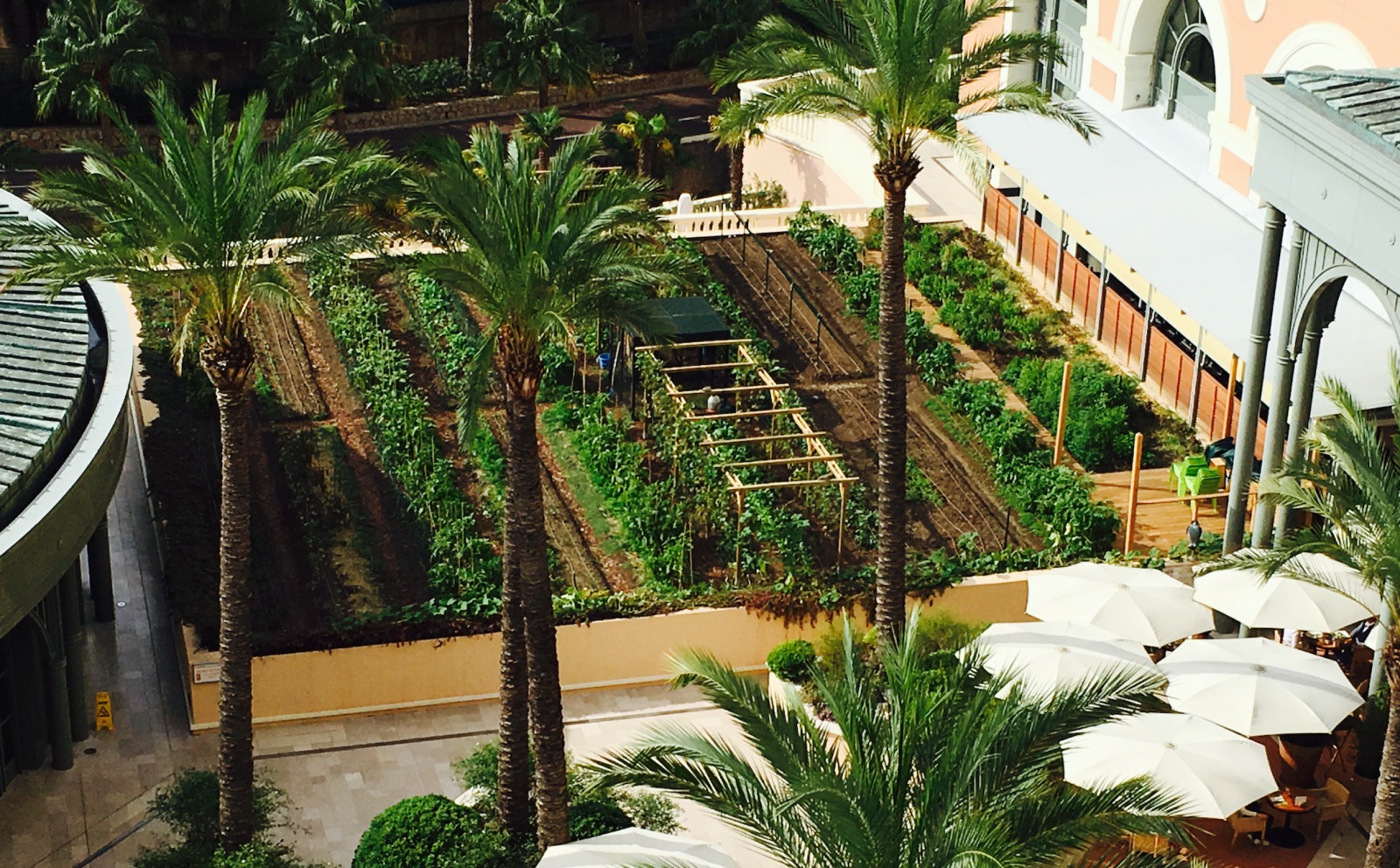
She established Terre de Monaco in 2016, now with over 1,600 square metres under cultivation, supplying chefs and individuals. Famous residential skyscraper the Tour Odéon has enjoyed a 450-square-metre kitchen garden since 2017, while 50 chickens and 10 beehives have also found a home in Avenue de l’Annonciade. In addition, Terre de Monaco maintains six vegetable gardens in schools in the principality.
“We grow all kinds of vegetables, courgettes, aubergines, salads, leeks, but I have a soft spot for tomatoes, of which we proudly grow 40 different varieties. I think in a supermarket today you can only find four varieties of tomatoes,” says Sbaraglia.
Diversity, taste, nutritional qualities, and short food channels are the basis of Terre de Monaco but also education through nature, its rules, its mysteries, and the wonder it produces.
“In schools, children therefore learn to cultivate a garden and to plant new vegetables. They enjoy harvesting them and even learning how to cook them.”
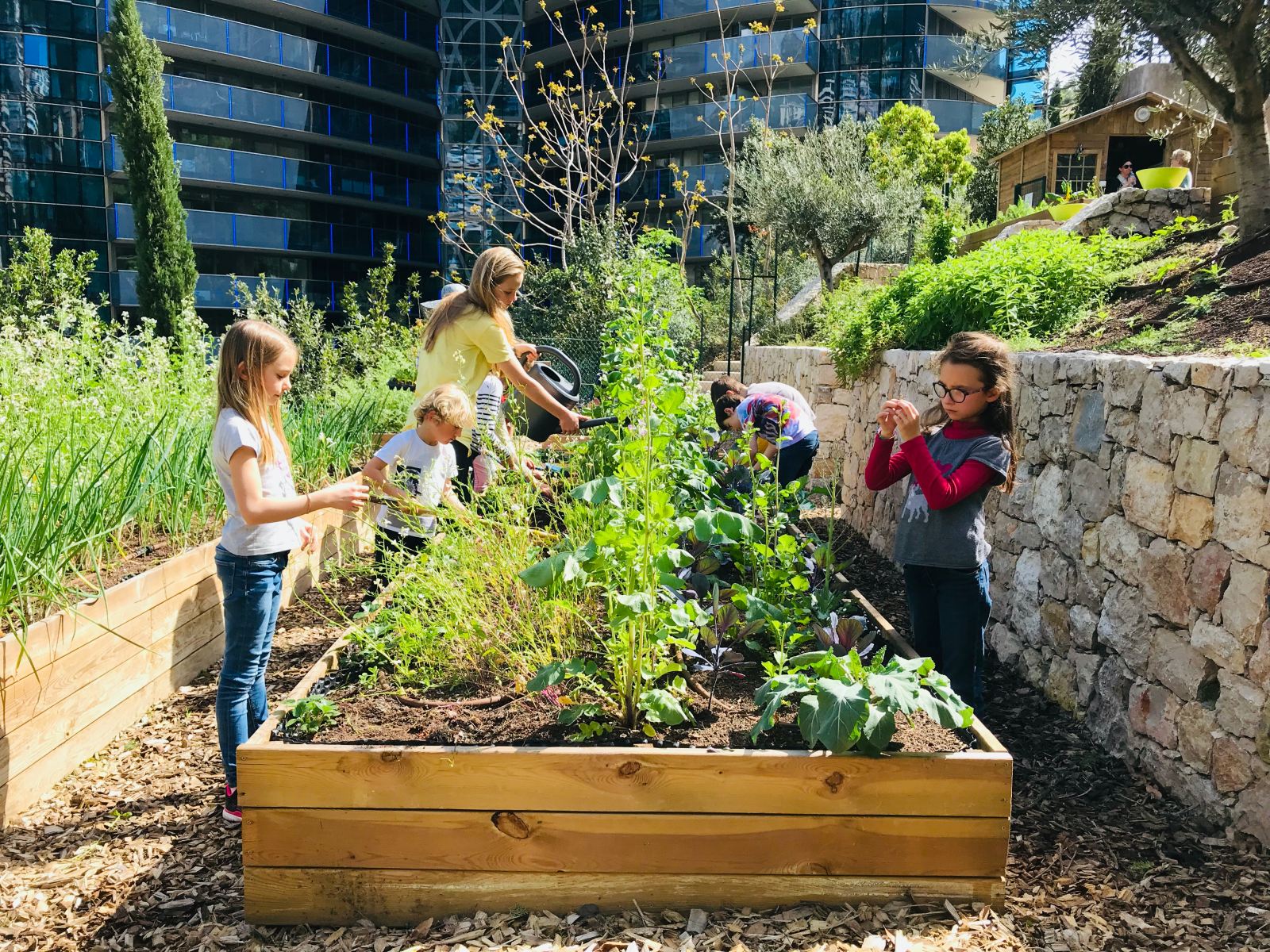
Sbaraglia says that since the COVID crisis, many people have taken an interest in growing their own vegetables. “People hadn’t realised that with just one square metre you already have plenty of space,” she adds.
Sbaraglia's business may seem improbable in one of the most densely-packed, tiniest urban spaces in the world. But Monaco has credentials as one of the greenest places around, thanks to the backing of his Royal Serene Highness, Prince Albert II. Monaco's carbon dioxide emissions are today over a quarter below what they were 30 years ago and the state is set to be carbon neutral by 2050 in line with the SDG goals. It has trialled a highway installed with solar panels, built saltwater pumps that create renewable thermal energy and bought up wind power from France.
With her sights set on a green future, Sbaraglia is now looking beyond Monaco, with two urban gardens planned for developments in Nice and Tubize, Belgium, in 2021, thanks to collaborations with property developers.

